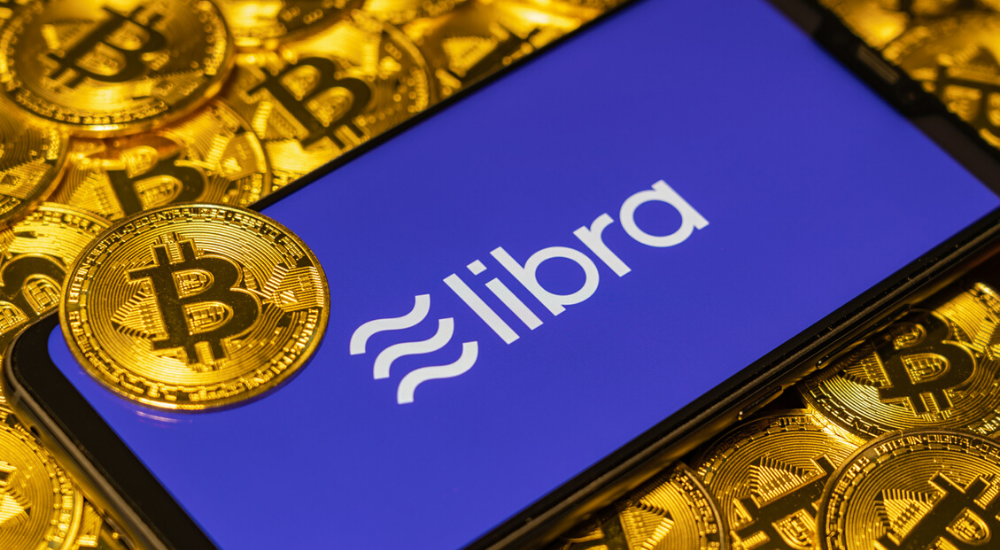Could Libra Spur Central Bank-Issued Digital Currencies?
Technology is touching every aspect of finance, transforming decades-old practices and redefining core tasks. In our Disruption in Financial Services series, we explore how new tools and technologies are changing the business of finance and reshaping how financial professionals do their jobs.
One of the unintended consequences of Facebook’s bid to launch a cryptocurrency may be the emergence of new, central bank-issued digital currencies designed to speed up payments and ensure that global transactions remain transparent. In the face of the threat posed by Facebook’s Libra, major central banks are evaluating the merits of launching digital currencies, rethinking their approach to regulation, and planning upgrades to payments systems.
When Facebook’s Mark Zuckerberg and David Marcus announced the company’s plans to launch a cryptocurrency, the backlash from lawmakers was immediate and intense. In legislatures, concerns centered on privacy issues and the question of whether a company like Facebook could be a responsible steward of consumers’ financial data. At central banks, however, the announcement has sparked a much deeper and more fundamental debate over the nature of money and the need to adapt to new technology.
For governments, the ability to issue and manage a currency is perhaps the single most important economic power they wield. Libra, intended to tap into Facebook’s network of nearly three billion users, has the potential to become a major global currency virtually overnight. It could quickly pose a serious threat to monetary policy, making it harder for major global central banks to manage liquidity and potentially displacing smaller national currencies entirely. This would give private companies an unprecedented level of control over the global economy.
Related tutorial: Monetary Policy Analysis
Facebook claims that its goal is not to dominate global monetary policy, but rather to improve antiquated and slow payments systems. Transferring money, particularly across borders, is notoriously complex and expensive. A digital currency like Libra could dramatically reduce the cost of such transfers and increase their speed, allowing consumers to bypass existing payments networks.
In the face of the threat posed by Libra and in recognition of the problems in existing payments systems, central banks – including the European Central Bank (ECB), the US Federal Reserve, and the People’s Bank of China (PBC) – are investigating digital currencies and their potential to improve global payments systems. Some, such as the ECB and PBC, are actively considering launching their own, publicly-owned and managed digital currencies.
Although plans are in their infancy, an ECB official told journalists that an ambitious European digital currency could allow consumers to use digital cash deposited directly at the ECB, without the need for bank accounts, financial intermediaries, or clearing counterparties. China’s plans are likely to be similarly ambitious in scope.
Libra faces stiff opposition from lawmakers and its long-term fate is unclear. However, it may have unintentionally sparked a financial revolution, forcing global central banks to adapt to new technologies. Libra’s legacy may be a new suite of state-owned global digital currencies that offer consumers new options and enormous potential benefits.
Intuition Know-How has a number of tutorials that are relevant to monetary policy and digital currencies:
- Monetary Policy Analysis
- Financial Regulation – An Introduction
- Financial Authorities (US)
- Financial Authorities (UK) – Bank of England
- Financial Authorities (Europe) – ECB
- Financial Authorities (China)
- Bitcoin & Blockchain
- Blockchain Structure & Security
- Smart Contracts & Blockchain Applications
- Cryptocurrencies & Initial Coin Offerings (ICOs)



